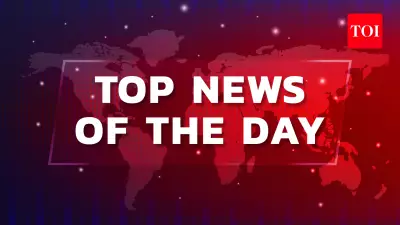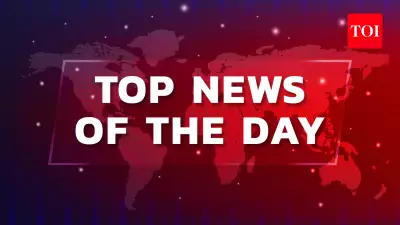
In a fascinating analysis that bridges academia and mainstream politics, renowned scholar Mahmood Mamdani appears to be employing tactics strikingly similar to those that propelled Donald Trump to political prominence. This unexpected parallel reveals how populist strategies are permeating even the most intellectual circles of global discourse.
The Unlikely Connection: Intellectual Meets Populist
While Mamdani and Trump operate in vastly different spheres—one in academic ivory towers, the other in political arenas—their methodological approaches share remarkable similarities. Both have mastered the art of challenging established norms and positioning themselves as voices speaking truth to power, regardless of their actual institutional positions.
Disrupting Conventional Narratives
Much like Trump's disruption of traditional political decorum, Mamdani has consistently challenged Western academic paradigms, particularly in his analysis of African politics and colonial legacies. His approach mirrors the populist playbook: identify an established orthodoxy, position yourself against it, and appeal directly to your base over the heads of institutional gatekeepers.
The Power of Provocative Statements
Both figures understand the media value of controversial statements. Mamdani's contentious positions on international justice and humanitarian intervention echo Trump's talent for capturing attention through bold, often polarizing declarations that dominate news cycles and academic discussions alike.
Why This Matters in Contemporary Politics
This parallel isn't merely academic curiosity—it reflects a broader trend in how influence is wielded in the 21st century. The traditional boundaries between intellectual discourse and populist politics are blurring, with figures across the spectrum adopting similar communication and positioning strategies.
The Mamdani-Trump comparison serves as a case study in how rhetorical strategies transcend ideological divides. It demonstrates that the tools of political engagement—challenging establishments, crafting compelling narratives, and building loyal followings—are becoming universal across diverse fields of public life.
As global politics continues to evolve, understanding these cross-disciplinary parallels becomes crucial for comprehending how influence is built and maintained in our increasingly interconnected world.





